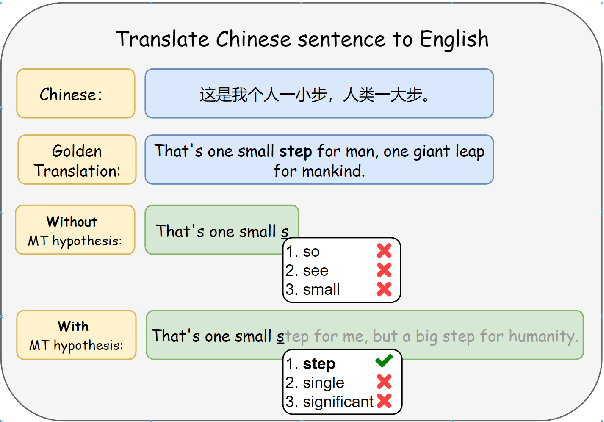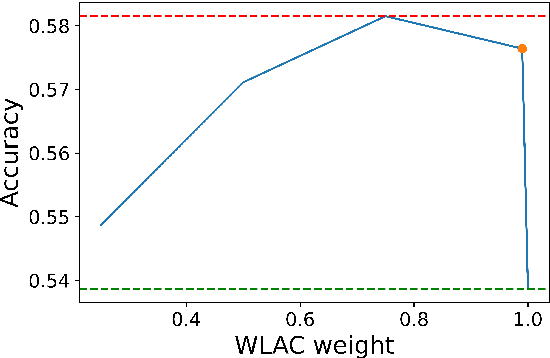Rethinking Word-Level Auto-Completion in Computer-Aided Translation
Paper and Code
Oct 24, 2023



Word-Level Auto-Completion (WLAC) plays a crucial role in Computer-Assisted Translation. It aims at providing word-level auto-completion suggestions for human translators. While previous studies have primarily focused on designing complex model architectures, this paper takes a different perspective by rethinking the fundamental question: what kind of words are good auto-completions? We introduce a measurable criterion to answer this question and discover that existing WLAC models often fail to meet this criterion. Building upon this observation, we propose an effective approach to enhance WLAC performance by promoting adherence to the criterion. Notably, the proposed approach is general and can be applied to various encoder-based architectures. Through extensive experiments, we demonstrate that our approach outperforms the top-performing system submitted to the WLAC shared tasks in WMT2022, while utilizing significantly smaller model sizes.
 Add to Chrome
Add to Chrome Add to Firefox
Add to Firefox Add to Edge
Add to Edge